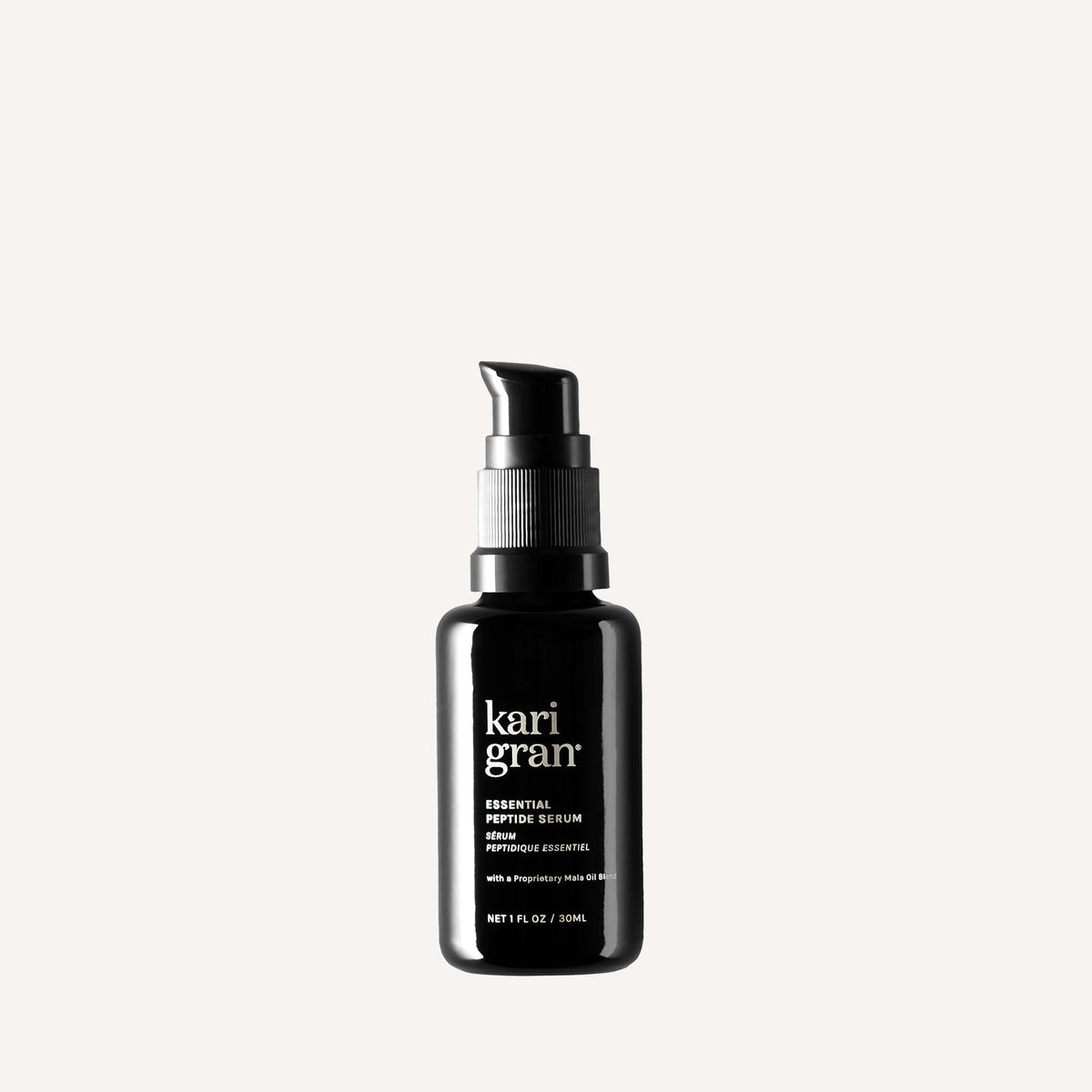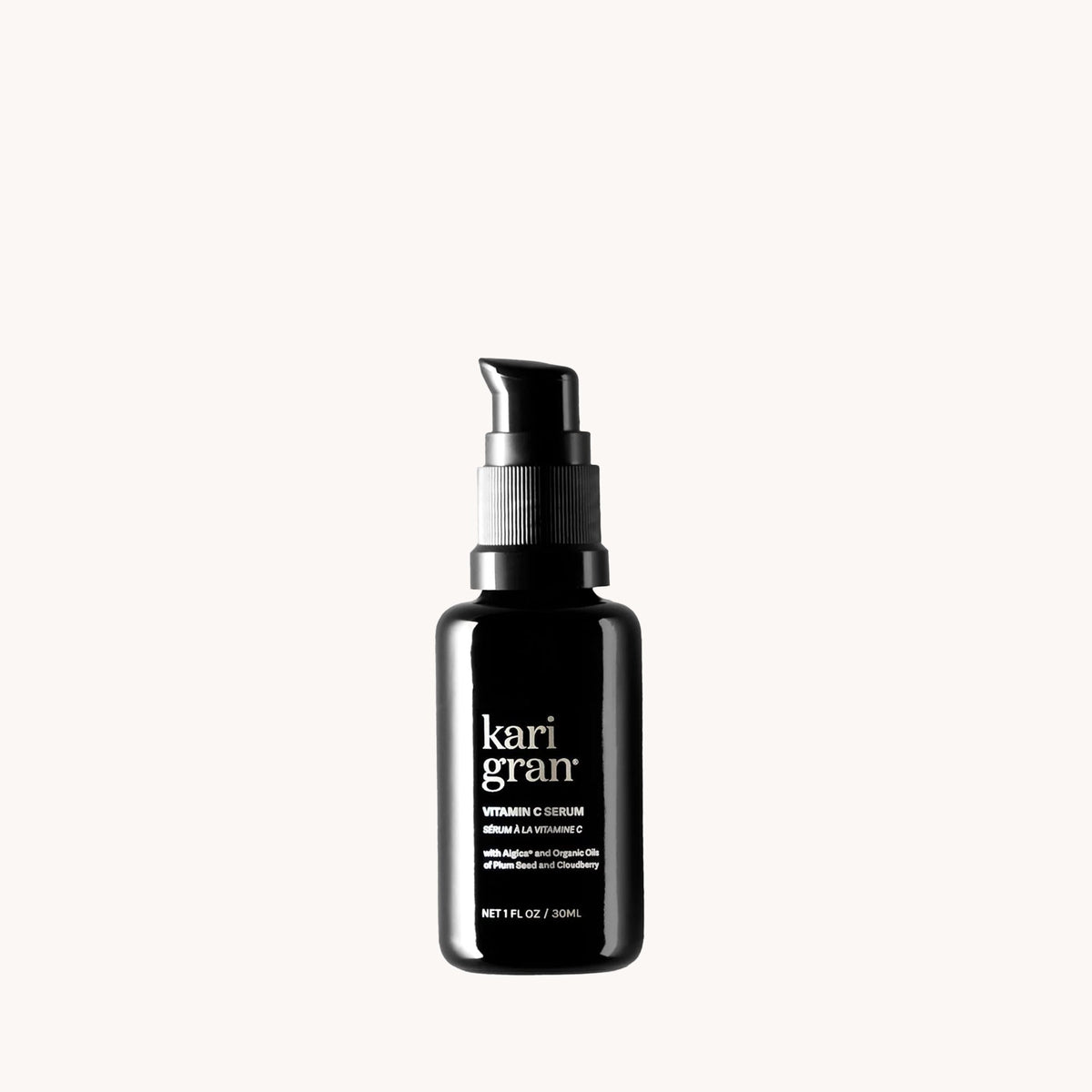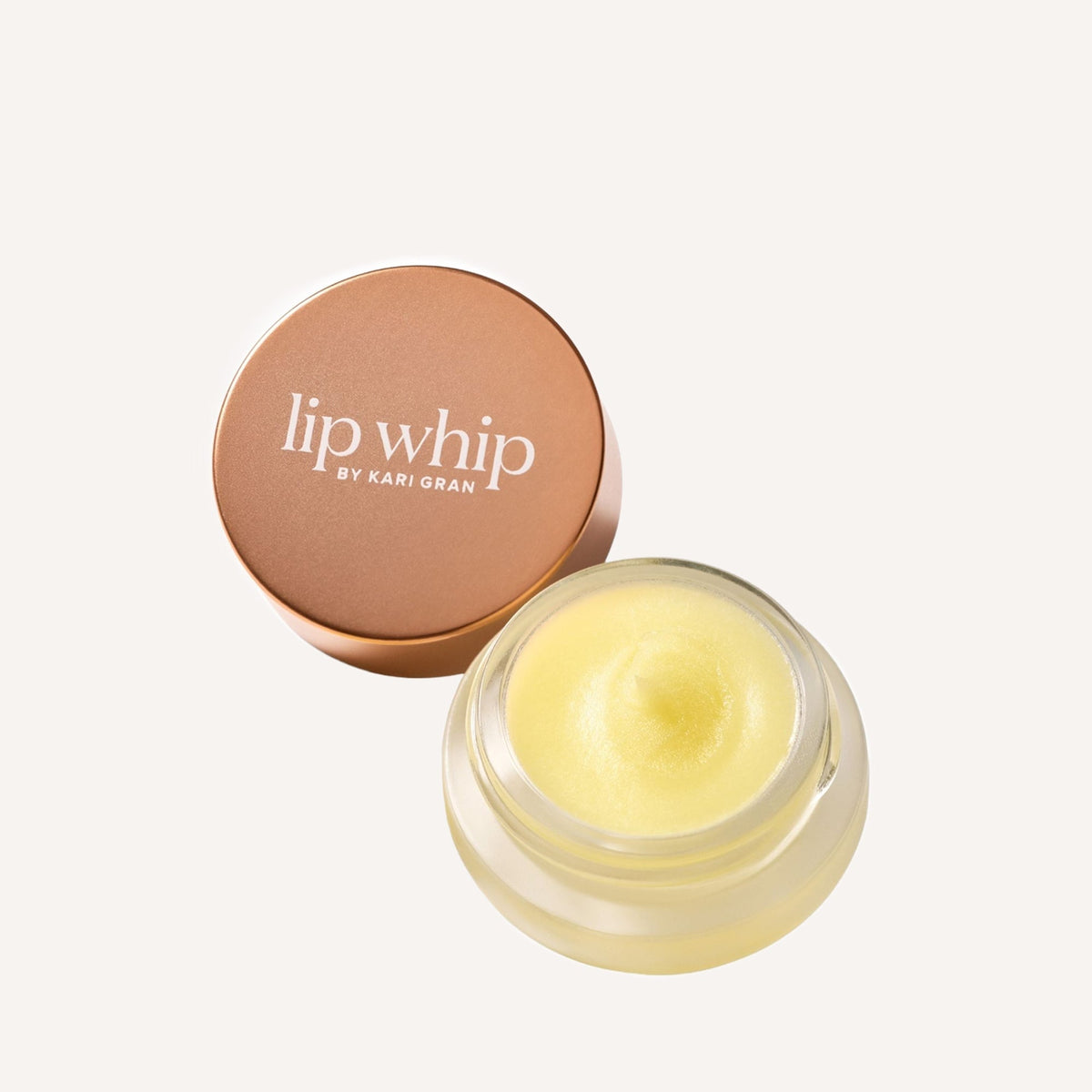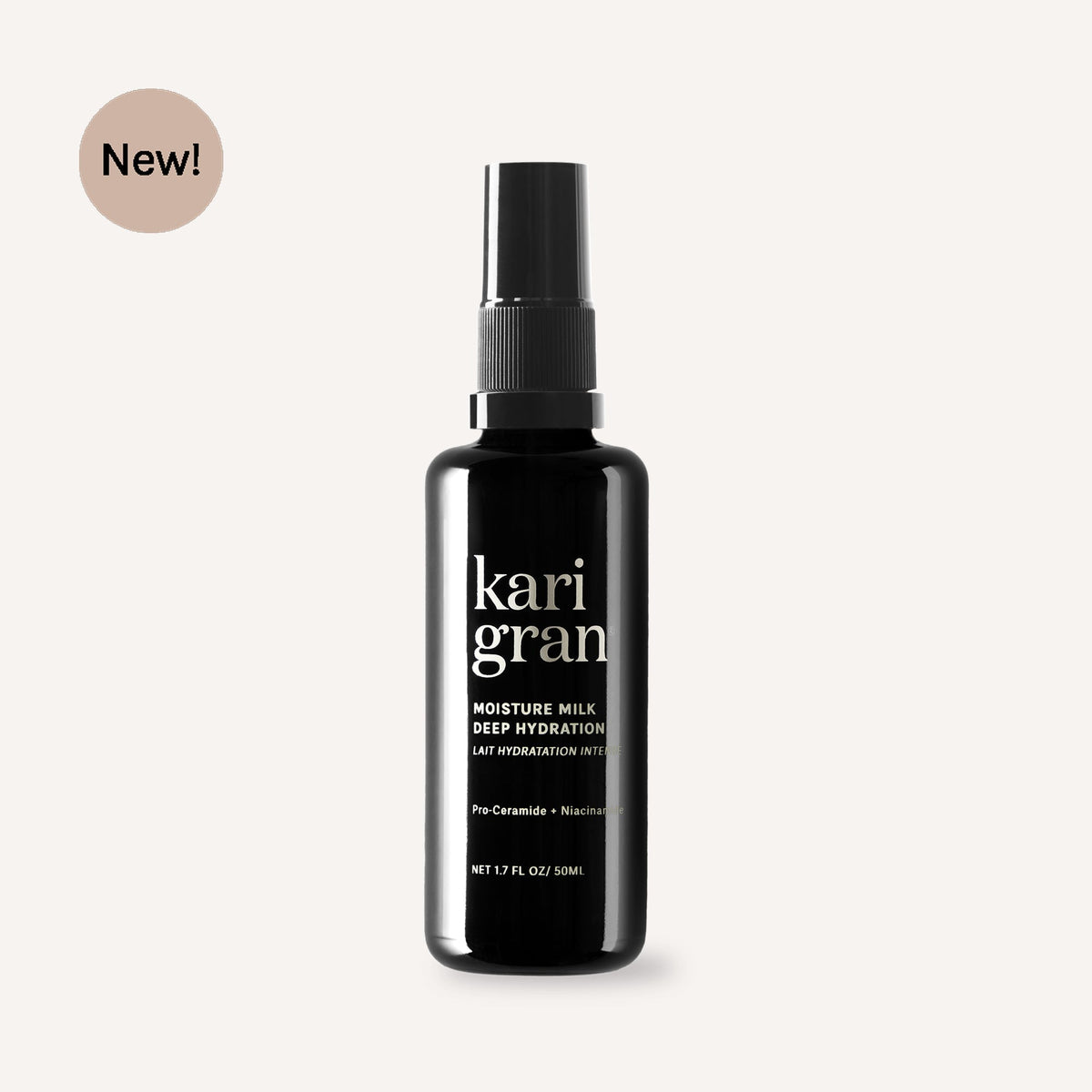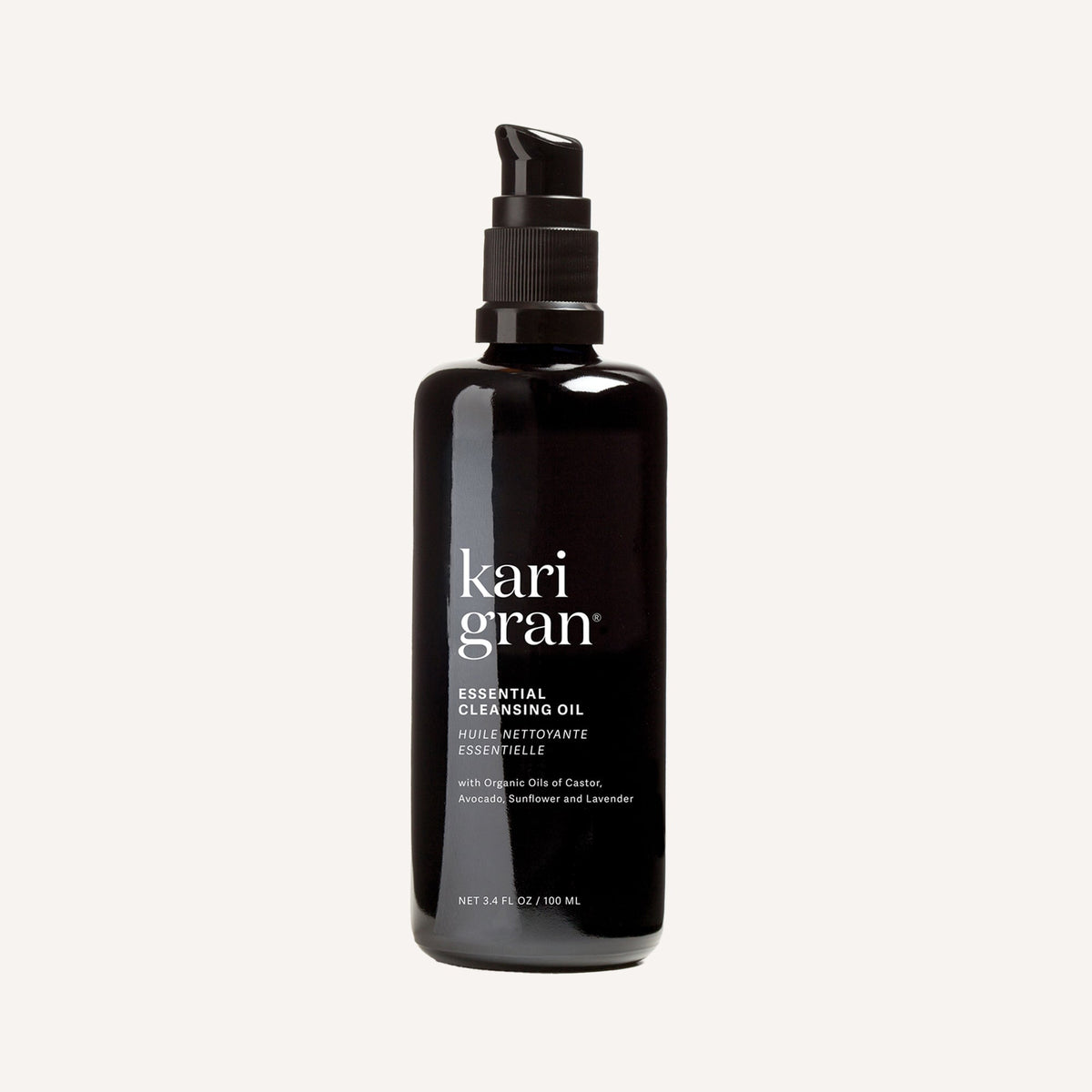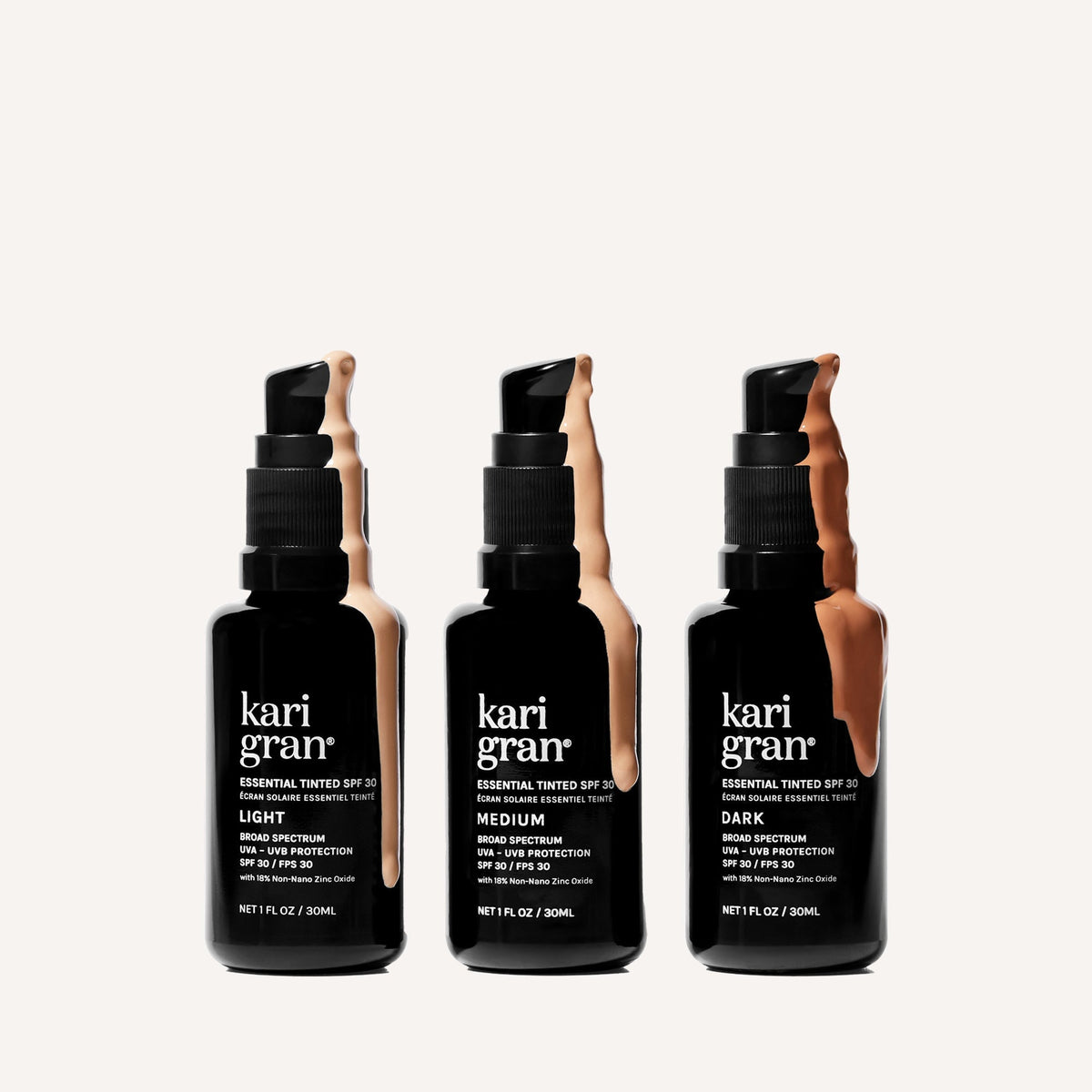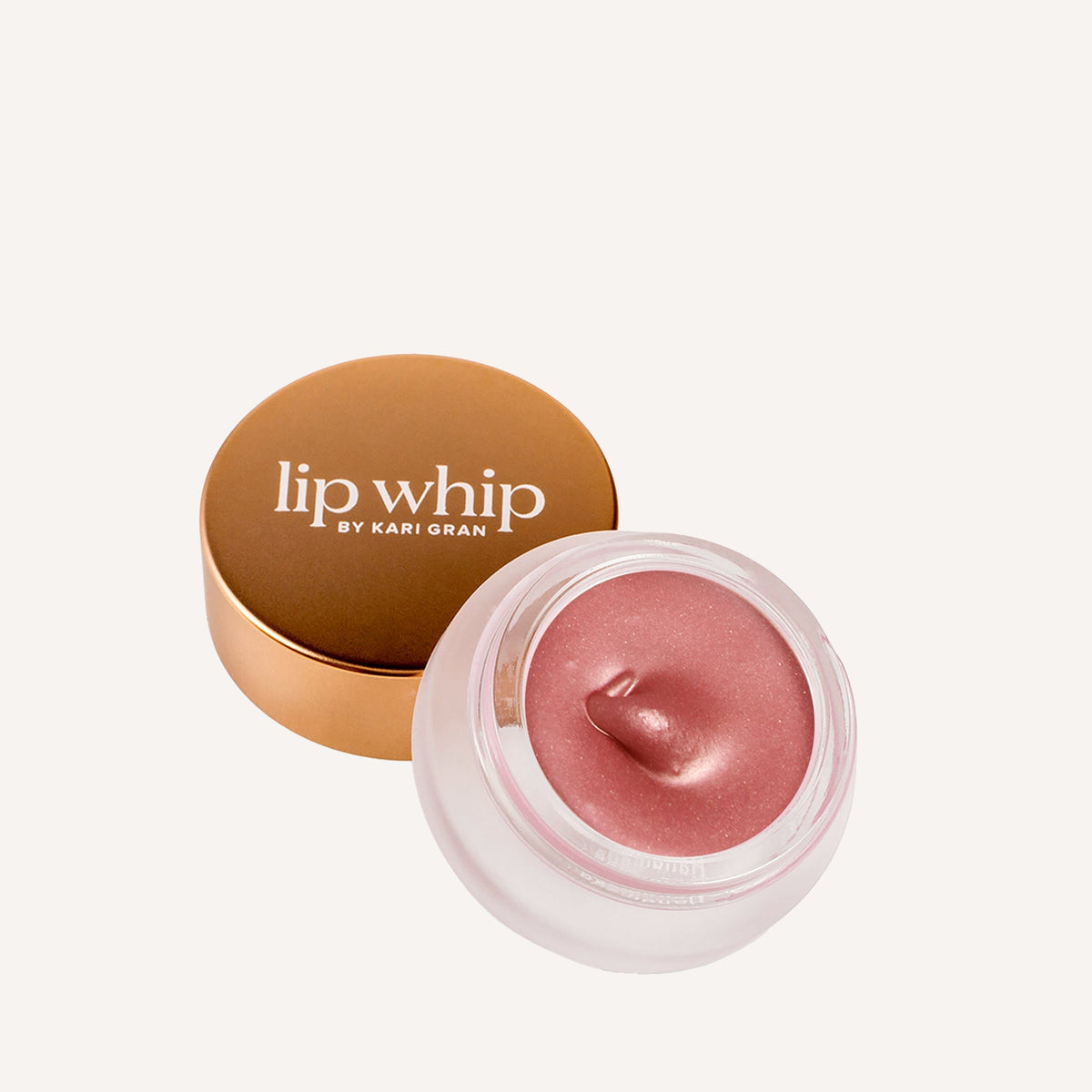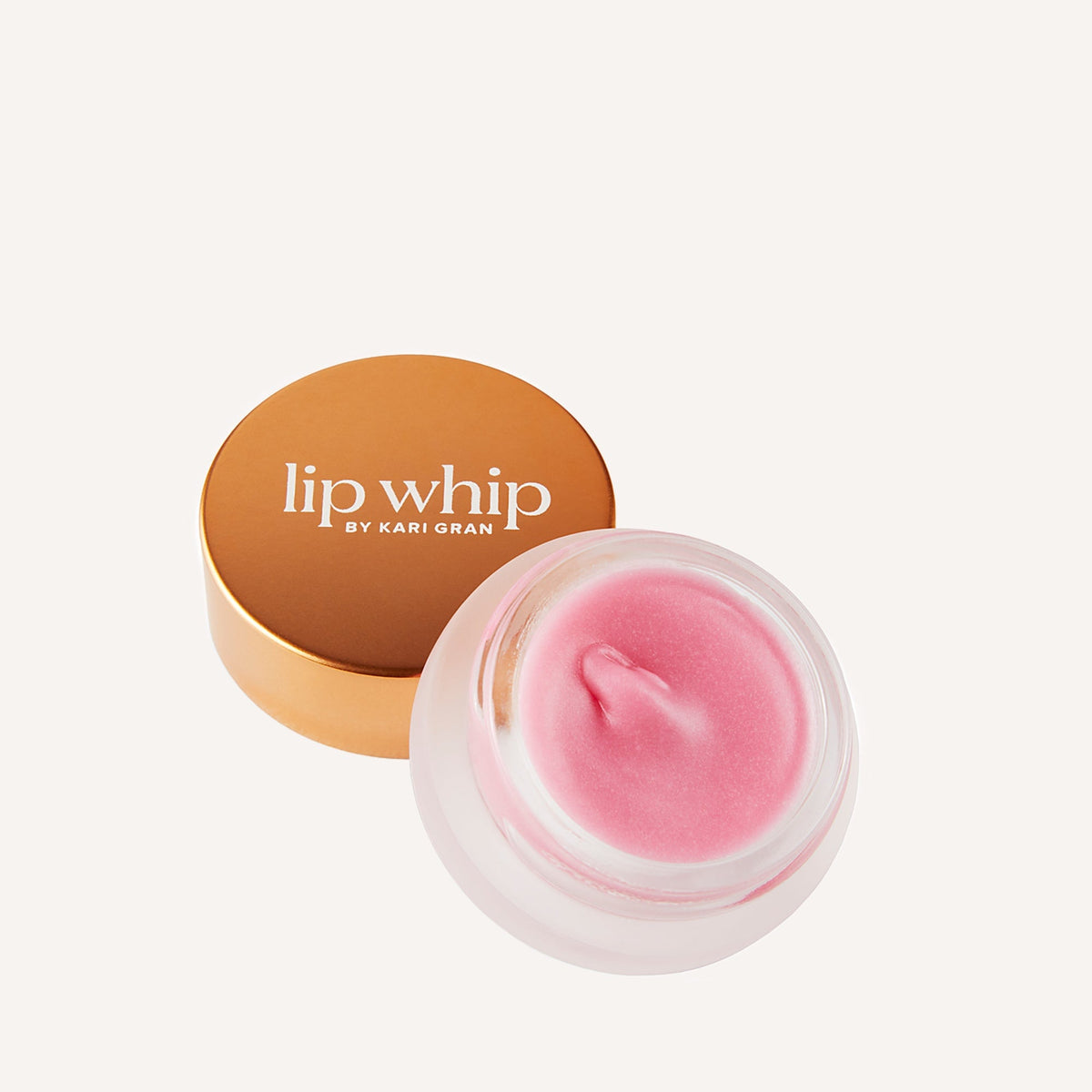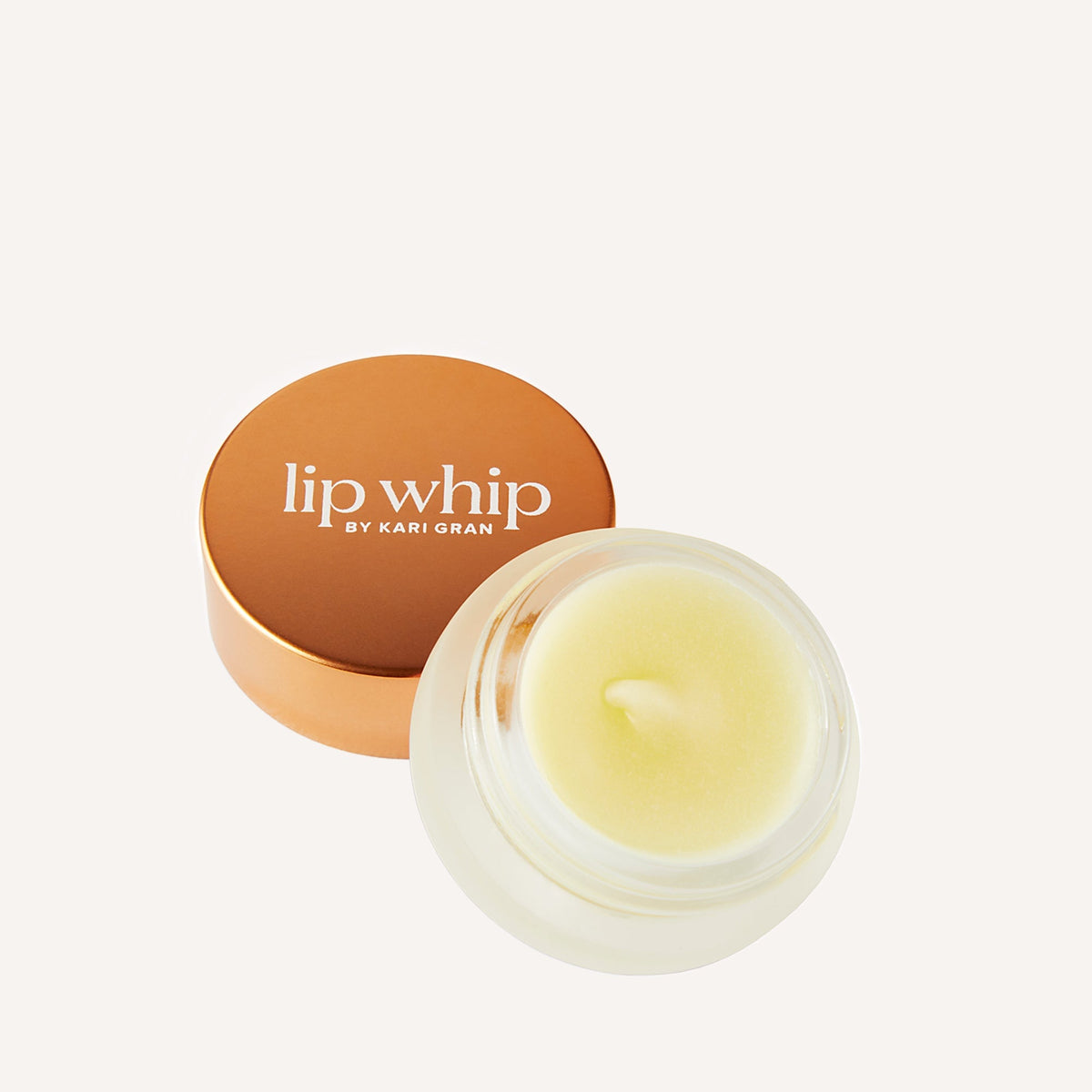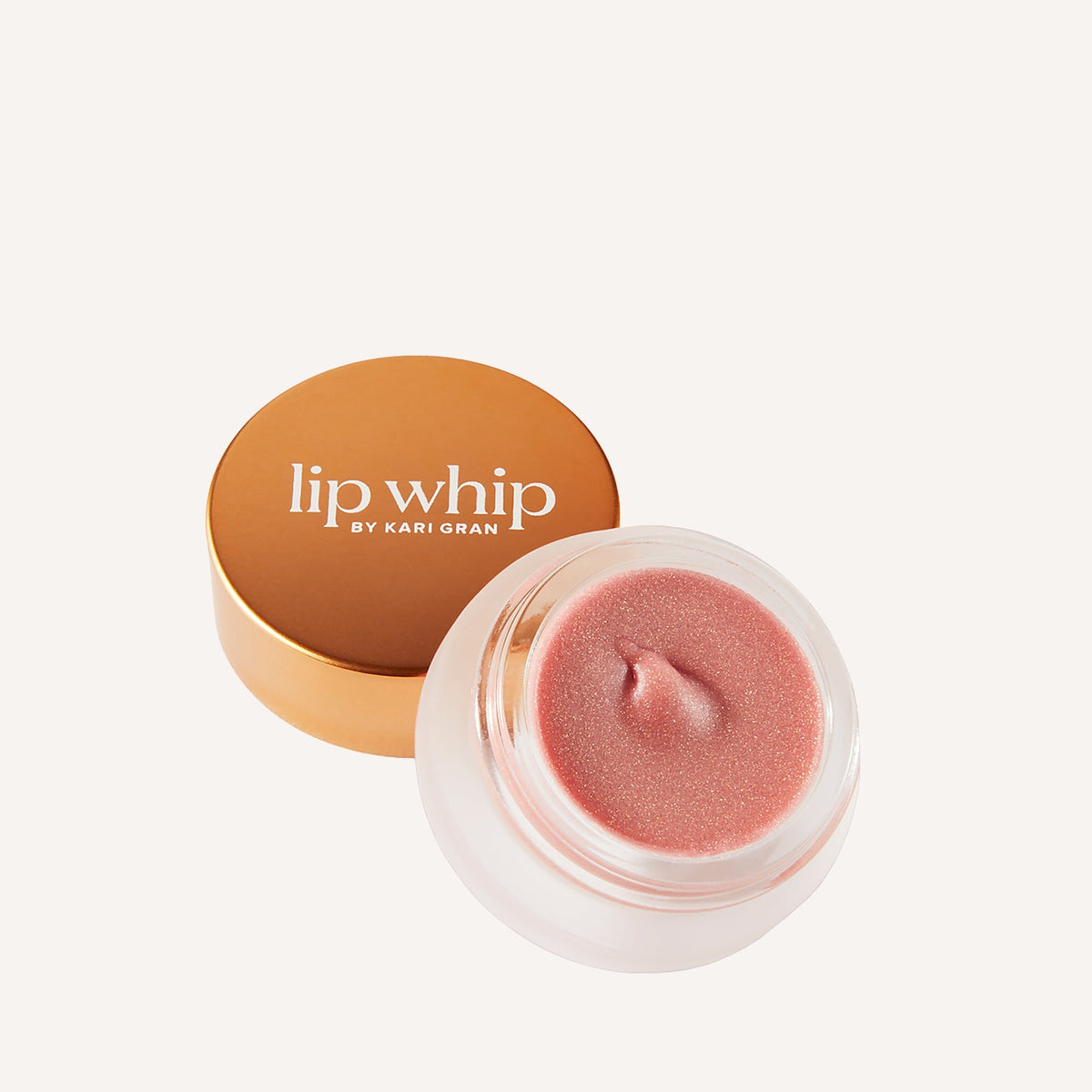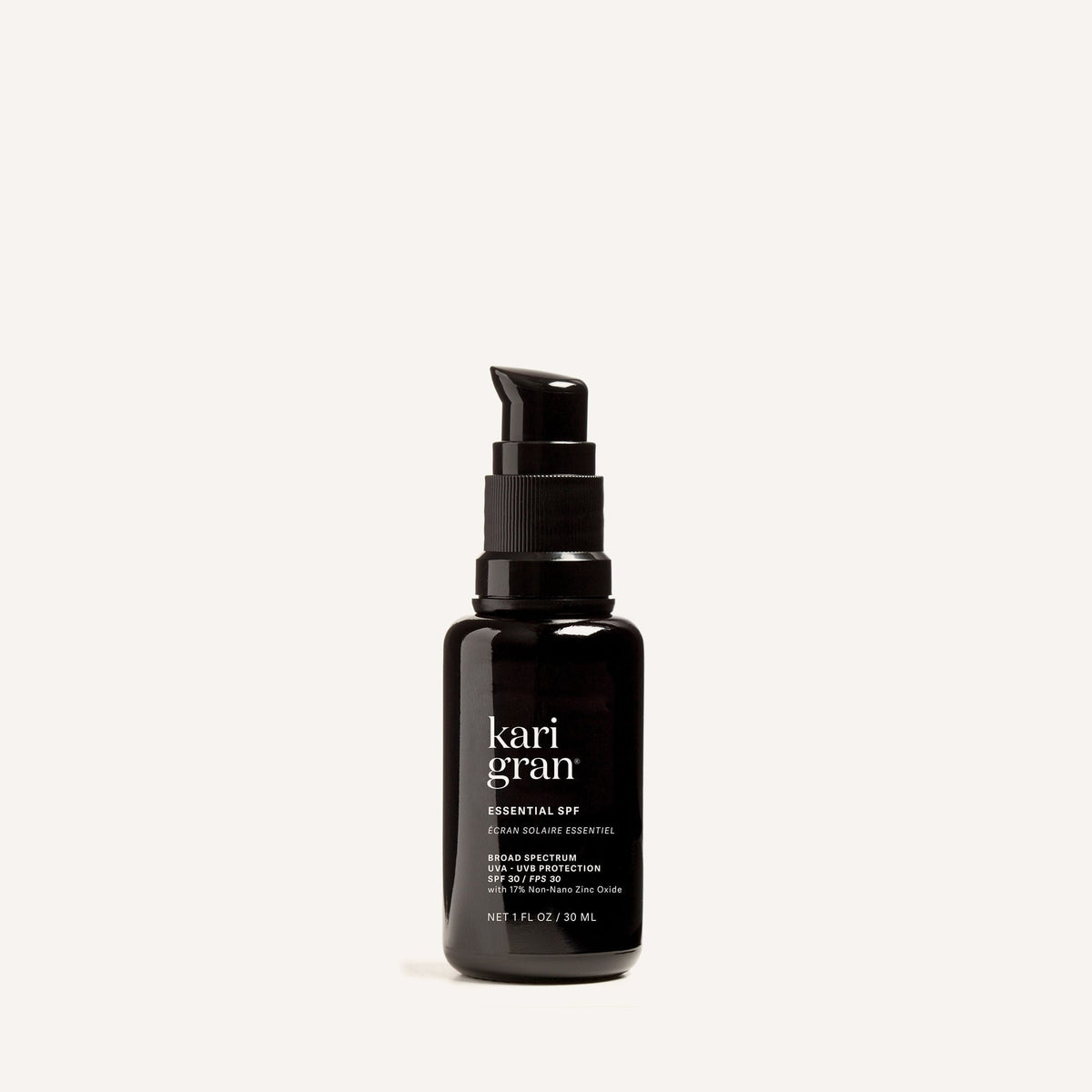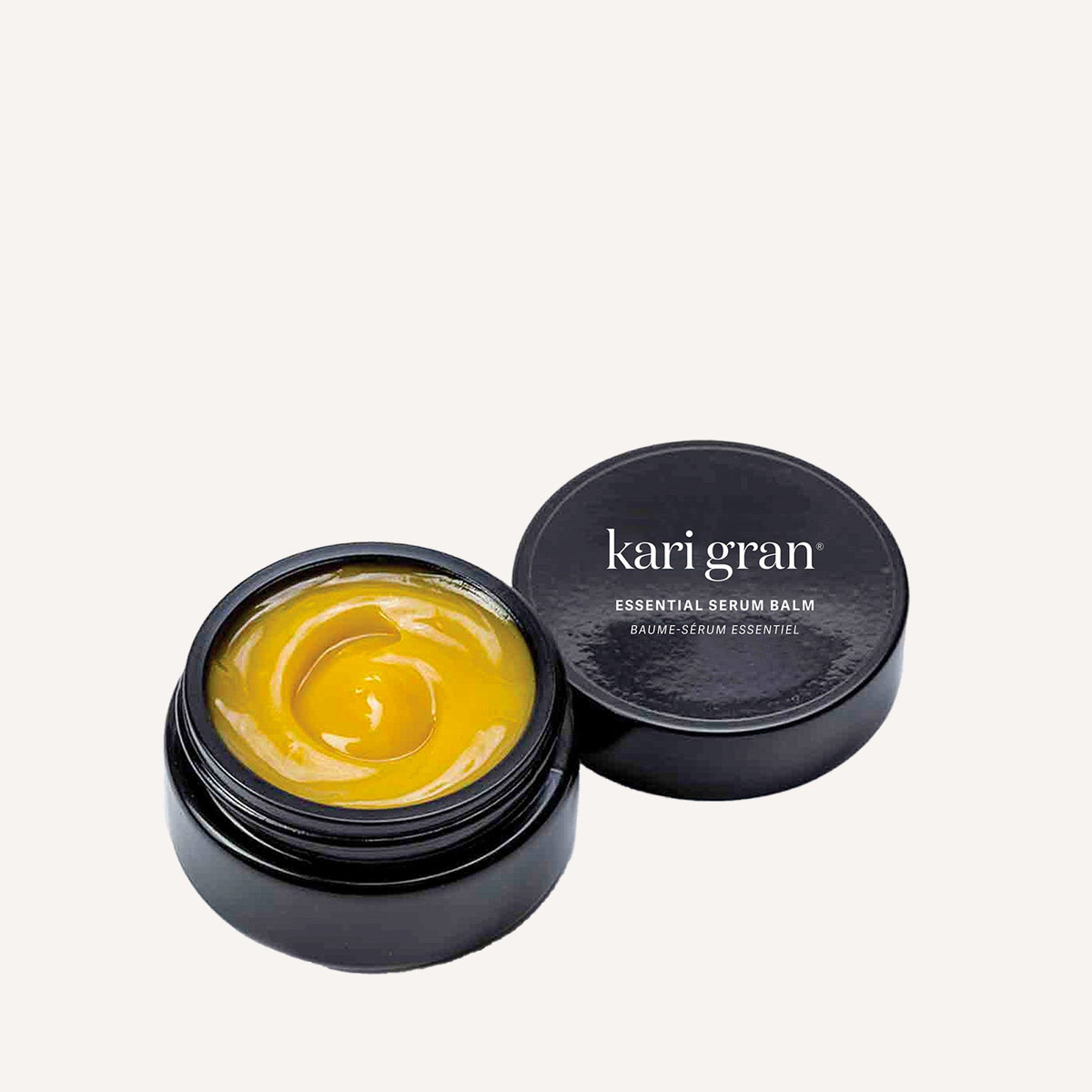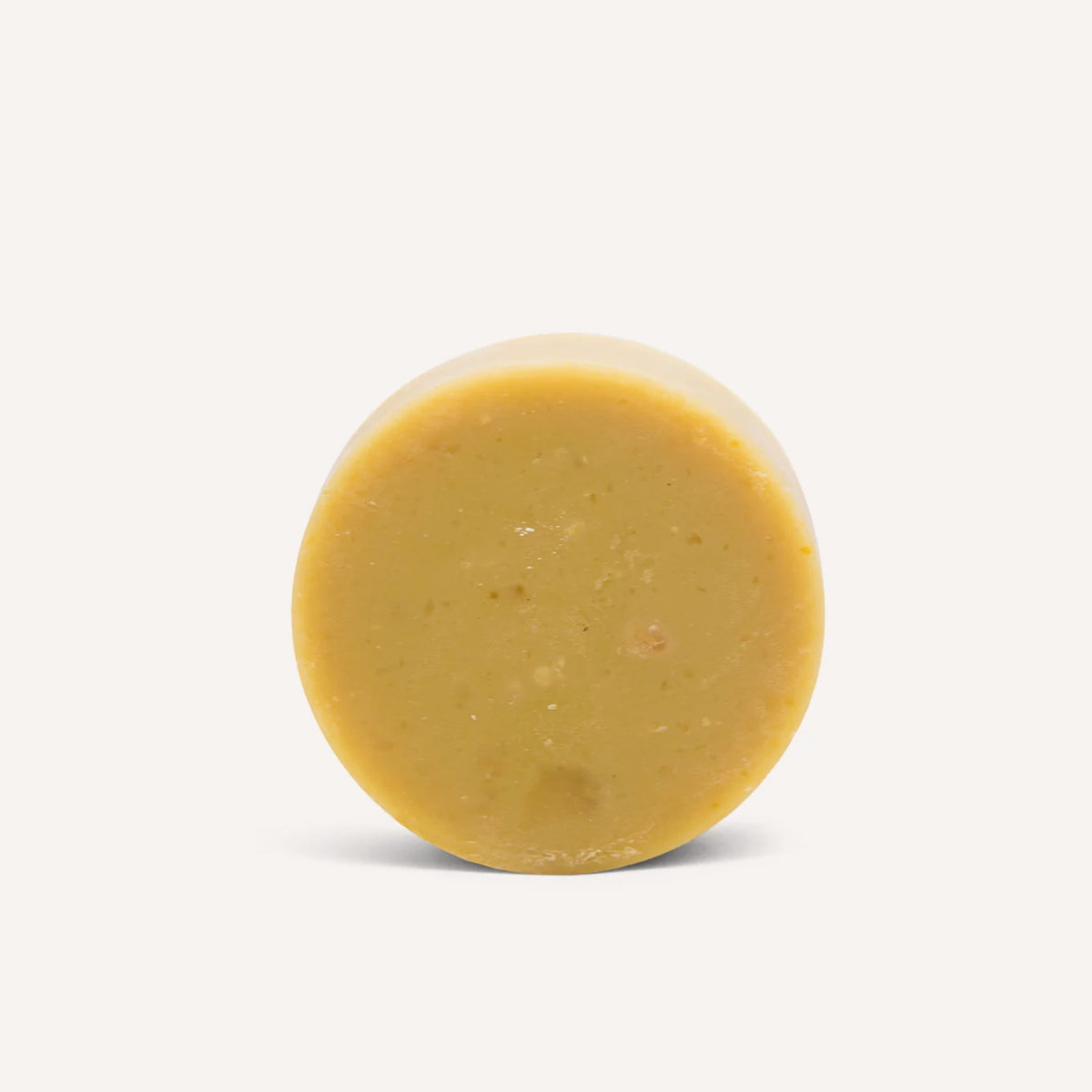Jolene Hart's Beauty Is Wellness Cheat Sheet: Eczema

We are often asked (especially in the cold winter months) what helps with eczema. Jolene Hart’s article, Beauty Is Wellness Cheat Sheet: Eczema, really has it covered:
The Beauty Issue:
Eczema, also known as atopic dermatitis
This common skin issue (which often flares up during the cold, dry winter) ranges from mild to quite harsh. It can be dry and scaly, moist and blistery, or it can bleed and form rough callouses. It’s common to get eczema near joints (behind knees, inside elbows) and on legs and arms.
What You See:
Patches of itchy, flaky, red skin— often flaring up at night and when exposed to heat
Potential Causes:
We usually treat eczema as if it’s a dry skin issue, but that’s not the heart of the matter. Instead of applying lotion and rich creams on an eczema rash, we need to look inside, at allergies, balance of bacteria and inflammation in our bodies…
What’s making you itch?
Allergies to food. Food allergies not only lead to itchiness and rashes, they mess with digestive health, which can aggravate sensitivity and inflammation— a vicious cycle. Pinpointing allergies and removing allergens (wheat, dairy, soy, eggs, and corn are big ones, but nuts can be problematic too) from your diet can help your digestion– and skin– bounce back, and help you find the root of the problem. My own eczema flares up— in one small, red patch in the crook of my elbow— if I eat foods that contain gluten. Years ago, before I identified my sensitivities, repaired my digestion and reduced inflammation in my body, it covered my legs.
Weakened immunity. Yes, your immune system is working overtime during winter months, as you’re bombarded by cold and flu germs. A compromised immune system is extra prone to allergic reactions to both foods and products, which can cause eczema to flare.
Stripped Skin. The balance of bacteria on your skin is very important to maintaining healthy defenses. Ditch cleansers and toners that leave your skin tight and dried-out, since they can throw off your natural pH balance and compromise your skin barrier, leaving you susceptible to eczema.
Inflammation. Inflammation is an immune response to conditions as varied as food choices, stress, environment and sleep deprivation. When inflammation persists in the body, it sets us up for advanced aging, disease and skin issues like redness and sensitivity, not to mention eczema.
Stress and emotions. Out of control stress can cause a buildup of the stress hormone cortisol, which contributes to dryness and sensitive skin. Stress can also cause a surge of adrenaline, which sets off the histamines that cause rashes, hives, and itchiness. Other emotions can cause skin sensitivity too; feelings of distress have been shown to cause a rise in feelings of pain and itch in the skin.
Your Beauty Is Wellness Plan of Action:
- Eliminate allergens from your diet for at least 2 weeks, and look for signs of improvement in your skin. One by one, incorporate possible allergens back into your diet to see if your skin reacts. Besides the big allergy culprits (wheat and other gluten-containing grains, dairy, corn, soy, eggs), there are lesser known allergens like nightshades (eggplant, peppers, tomatoes) that can cause reactions in some sensitive individuals. Start with gluten and work from there.
- Strengthen digestion with daily probiotics, fermented foods, thorough chewing and mindful mealtimes. You’ll ease the digestive burden on your body—and skin, and absorb more beautifying nutrients!
- Eat antihistamine foods that calm allergic reactions. Foods that contain the phytochemical quercetin are a good choice, like organic apples (you must eat the skins!), rooibos tea, cranberries, and fennel.
- Calm inflammation by eating an anti-inflammatory diet full of whole, unprocessed foods and minimal refined sugar. It’s not really a diet at all— just a smart plan built around the foods that prevent early aging, disease and TONS of beauty and health issues.
- Cut sugar. Not only will it help you reduce inflammation, it will make it easier to maintain a healthy weight, slow down the rate of aging in your body, boost your immunity, support a healthy balance of bacteria in your gut, and help you fight off eczema.
- Try fresh spices like cinnamon, turmeric, and fennel, which reduce inflammation, steady blood sugar and aid in digestion.
- Boost your intake of foods that contain zinc, vitamin A and omega fatty acids (see below). These are very important nutrients for healing eczema.
- Strengthen your skin barrier with products that contain topical probiotics, and keep your skin well-hydrated.
Top Foods to Incorporate Into Your Diet:
- Wild salmon for anti-inflammatory nutrition and skin-strengthening omega-3s.
- Chia seeds for major omega-3s. They also support healthy elimination.
- Pumpkin seeds for a burst of anti-inflammatory zinc.
- Fermented foods like sauerkraut and kimchi to build beneficial bacteria in your digestive system.
- Olive oil and coconut oil calm inflammation and helps you absorb nutrients from…
- Kale, sweet potatoes, winter squash, carrots, and spinach for a big dose of skin strengthening vitamin A. Eat them with a little bit of healthy fat (like the oils mentioned above) to fully absorb their beauty nutrients.

